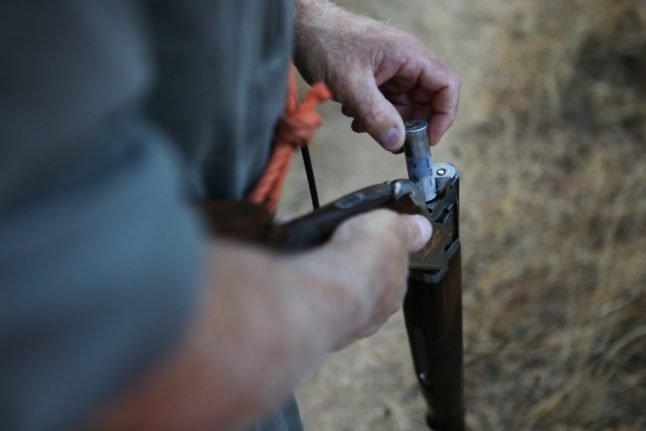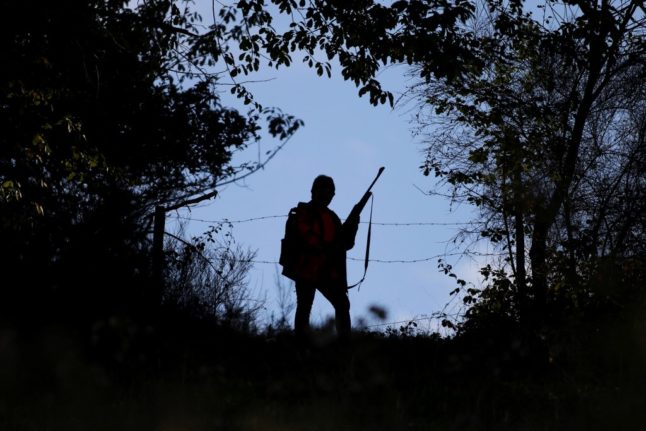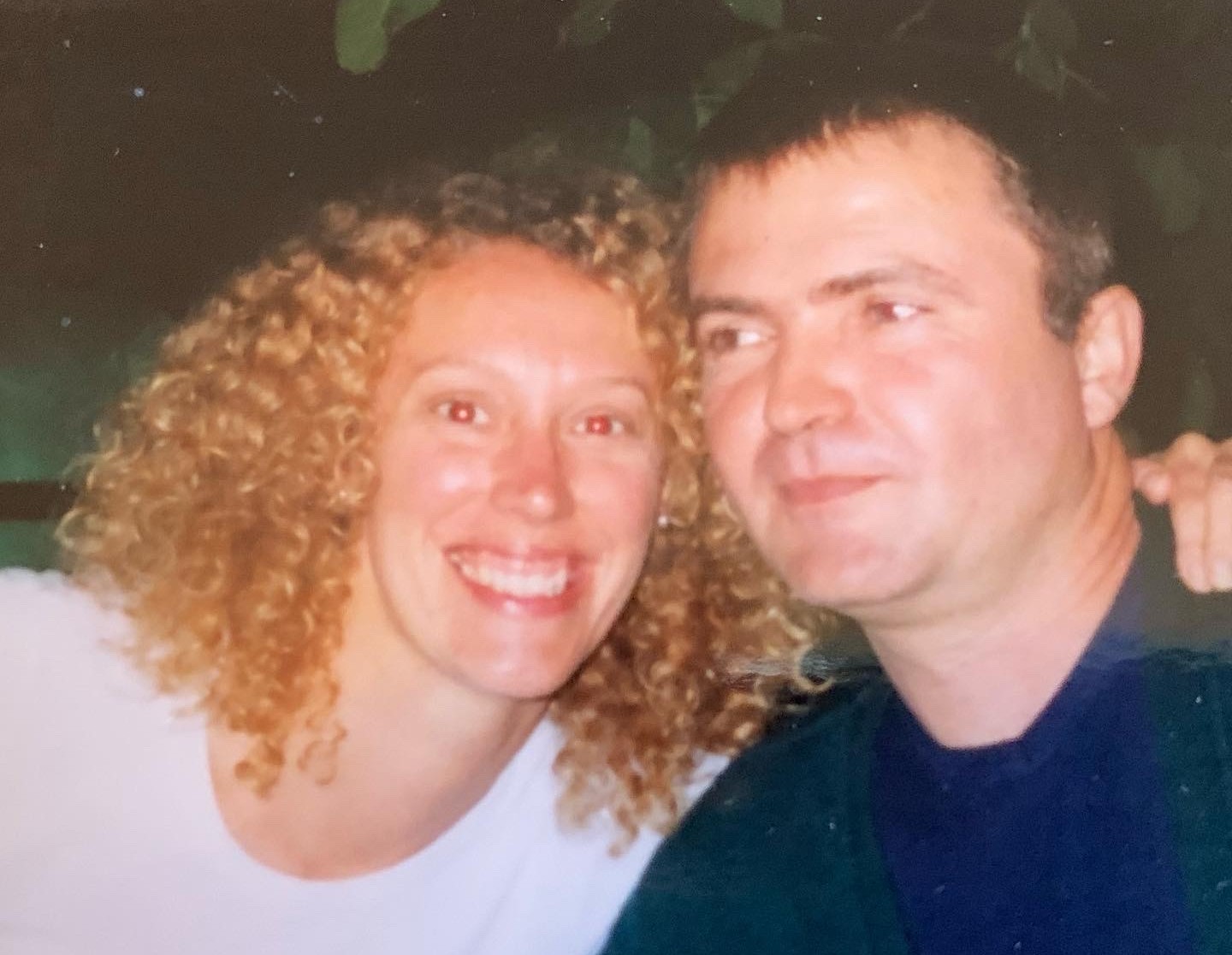The tabac is a crucial part of life in France – as well as buying cigarettes you can also pay bills, buy stamps and train tickets, pay taxes and buy a lottery ticket or place a bet.
In many small towns they are ‘bar-tabac‘ – a tabac with a little extra space for seating where you can buy a coffee or a beer and sit and chat.
And soon you may also be able to purchase ammunition
READ MORE: Why the tabac is essential to life in France – even if you don’t smoke
France’s interior ministry announced over the weekend that from January 2024, tabacs will be able to sell hunting ammunition.
A decline in the number of gun shops means that many hunters are forced to travel long distances to obtain supplies.
In response, the French government decided to relax the rules for obtaining a certificate for selling ammunition, opening it up to tabac owners to apply.
With over 23,000 tabacs across the country – almost half (41 percent) of which are in small towns with less than 3,500 inhabitants – the change is intended to cut travel time for registered hunters.
Which tabacs will be able to sell ammunition?
Only those tobacconists who have obtained a special certification – which is awarded after a two-day training course – will be able to sell ammunition.
Only two types of ammunition will be sold in tabacs: Category C (mainly those used for hunting) and Category D (the least dangerous weapons type which includes items like air rifles and paintball guns).
READ MORE: What are the rules on carrying a knife in France?
Once they obtain a licence after taking the course, participating tabacs must also receive authorisation from the préfet after consultation with the local mayor.
Who can buy ammunition at a tabac?
For the purchase of category C ammunition, the adult customer must show ID, proof of either a hunting or shooting licence, as well as a declaration of their firearm from the SIA.
READ MORE: EXPLAINED: How gun control laws work in France
Controversy surrounding the plans
Even though ammunition will be kept in a locked cabinet, some groups have expressed concern about the possibility of break-ins or decreased security.
Rubens Abbosh, the owner of a gun shop ‘Aux Armes de Diane’ in the Seine-et-Marne département, told Le Parisien that the plan is “total madness”.
“A gun shop has to have surveillance cameras, a safe, electric metal shutters and a remote surveillance system that responds more quickly than those of other businesses,” Abbosh told Le Parisien.
Others have expressed concerns about the possibility of selling ammunition to underage customers.
The French National Anti-Smoking Committee also questioned the government’s plan, noting that “two out of three tobacconists continue to sell tobacco to minors illegally”.




 Please whitelist us to continue reading.
Please whitelist us to continue reading.
Member comments